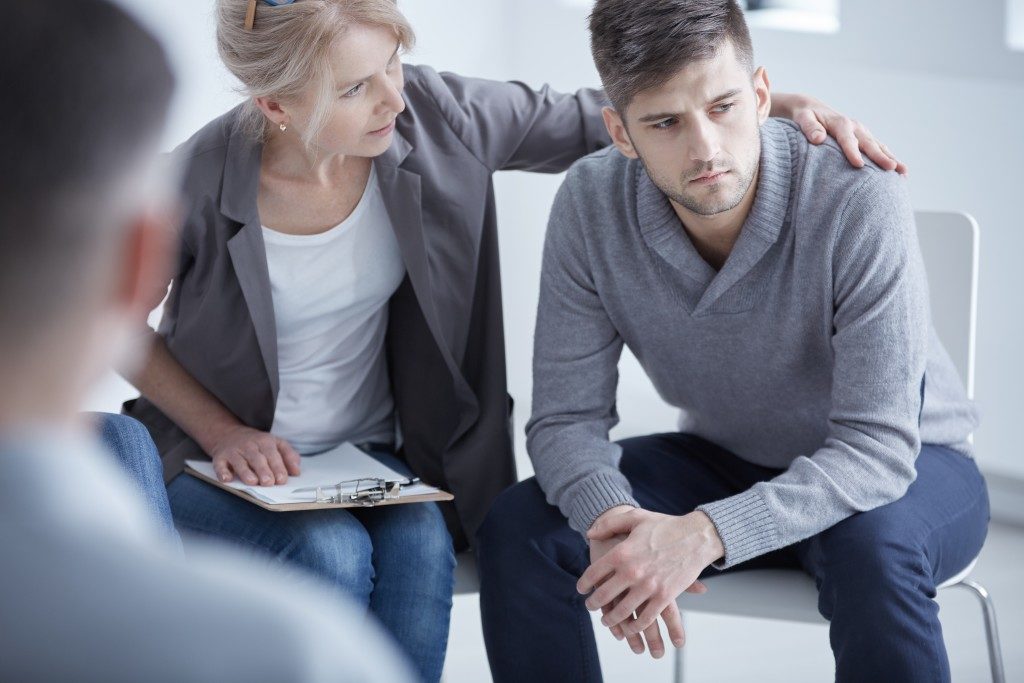Recovery for alcoholics isn’t a linear journey. It’s not static, in that there will always be good days and bad days. On some occasions, you feel like you’re on top of everything, that you can conquer any challenge. Other times though, you feel helpless. Even a quick alcohol TV commercial burns you with a strong urge. In any season, however — not just on the bad days, mind you — the possibility of relapse is always present. It’s highly important then to watch out for triggers every moment, at every step in the recovery path. If you want to stay sober and live better, you want to keep an eye on these triggers:
Environmental
These are the stuff you readily see anywhere that reminds you of your drinking habit. For instance, it could be the place where you used to drink. Driving by the bars or pubs downtown can make you feel like you want to go back, have a sip, and find a good time. Yet there are also cases when reminders are much closer to home. Maybe your closet has been your hiding place when you wanted to drown out all the noise with liquor. It’s important that you avoid these places after your treatment.
Look for alternative traffic routes. Perhaps switch rooms with a sibling, or if possible, find a new home. For this new chapter in your life. There are communities dedicated solely for sober living for women. You might want to consider that. Environmental triggers aren’t exclusive to places though. They also point to people who you once used to drink with. They also involve social gatherings, like family reunions at New Year’s Eve, where the entire celebration is flowing with beer, wine, and lots of alcohol.
Social
 Another risk factor for relapses involves social factors or more precisely, the lack of strong social support. On the first few months after treatment, you probably have experienced the best, most overwhelming encouragement from family and friends. But, you notice that the support has waned over time. With no one to check up on you, you tend to think about sneaking in a drink or two or a night out with drinking buddies more often now than before. This also happens when you refuse to attend sobriety programs, the weekly meetings with other recoverers. You no longer hear the struggles and victories of people committed to sobriety, so it’s hard to stay committed yourself. Wherever you are in the recovery process, make sure you always have a strong social network you can be accountable to. Maintain communication with family and friends about your recovery, even the struggles. Keep showing up at meetings. Especially at times you don’t want to.
Another risk factor for relapses involves social factors or more precisely, the lack of strong social support. On the first few months after treatment, you probably have experienced the best, most overwhelming encouragement from family and friends. But, you notice that the support has waned over time. With no one to check up on you, you tend to think about sneaking in a drink or two or a night out with drinking buddies more often now than before. This also happens when you refuse to attend sobriety programs, the weekly meetings with other recoverers. You no longer hear the struggles and victories of people committed to sobriety, so it’s hard to stay committed yourself. Wherever you are in the recovery process, make sure you always have a strong social network you can be accountable to. Maintain communication with family and friends about your recovery, even the struggles. Keep showing up at meetings. Especially at times you don’t want to.
Emotional
Beware of negative emotions like fear, anxiety, guilt, or depression. When tragic life events strike, say, divorce, loss of a job, or death in the family, you’re vulnerable to these unpleasant feelings. You’re more inclined to drink to cope with such. Remember that the addiction altered how your brain responds to stressful events. At the same time though, keep an eye on positive emotions that come with joyful milestones. Like for example, being pregnant or getting a new job. These are good life changes, but can you handle it? You might feel like you need a drink to calm the thrill and excitement. Watch out.
It’s never easy to stay on the good path of recovery. But it’s possible. The battle is overcome-able. Draw up your game plan by identifying triggers. That’s how you can win.

